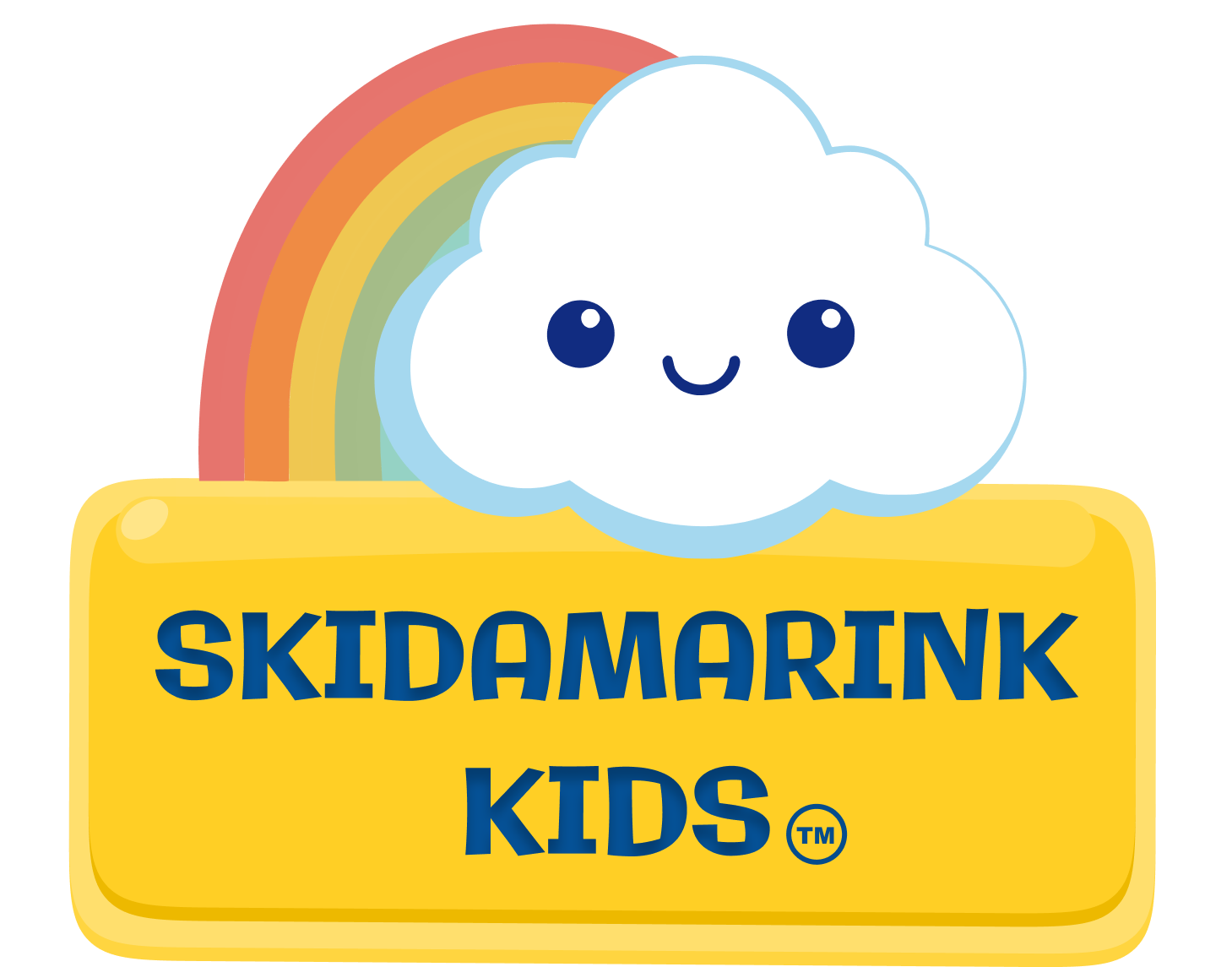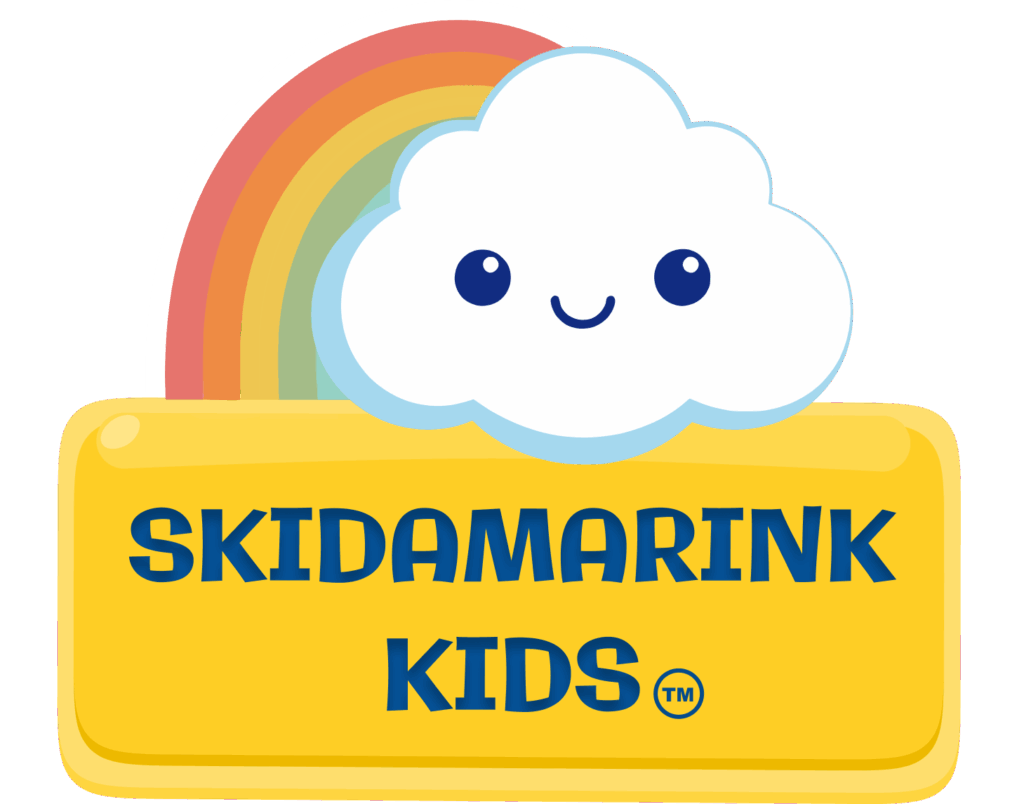I know what it’s like when your days feel chaotic and you’re constantly reacting to whatever crisis pops up next. One minute you’re rushing to find clean clothes. The next you’re dealing with a meltdown because lunch is five minutes late. Creating a daily routine for kids is a powerful way to support both you and your child.
Predictable routines support emotional regulation, physical health, and development. The structure you establish now gives them tools to grow into healthy, well-adjusted individuals.
Let’s explore how to build a daily routine for kids that actually works for your family.
Why Daily Routine for Kids Matters
A strong daily routine for kids provides consistency that reduces stress for the whole family. When children know what comes next, they feel more secure. This sense of predictability encourages calm and decreases fear or worry.
Benefits of consistent routines:
- Routines help kids feel safe because knowing what to expect creates security.
- Transitions become smoother when switching activities is predictable.
- Your child starts to naturally anticipate what comes next, which helps calm their nervous system.
- Routines that meet sensory and emotional needs keep children more regulated throughout the day.
- Knowing what’s coming disarms the fear that usually leads to tantrums.
Regular schedules for meals, sleep, and activity help ensure physical needs are met. This keeps children calmer and more focused throughout the day.
Building Your Daily Routine for Kids: The Foundation
Creating an effective kids daily schedule starts with understanding what your child needs throughout the day. Consistent patterns help children build an internal clock that supports their development.
Essential elements of a strong routine:
- Include consistent daily activities that happen the same way each day.
- Regular rest periods help children recharge and process their experiences.
- Physical activity throughout the day supports both physical and emotional health.
- Active learning activities engage mind and body together since kids learn better when moving.
- Connection moments for bonding provide emotional support between family members during busy days.
Your schedule should be consistent but still allow some flexibility when needed because life happens. Use the same steps daily as much as possible. For example, getting dressed before breakfast helps kids know what to expect. Pair activities and objects to signal what comes next in the routine without constant reminders.
Visual supports make routines work better. Picture schedules let children see what’s coming up next, which reduces anxiety and increases cooperation. Timers help with smooth transitions between activities and take pressure off parents.
Bedtime Routine: Setting Up Successful Days
Sleep is crucial for physical development because children grow during sleep. Their bodies need this time for repair. Well-rested kids handle emotions better and have fewer meltdowns throughout the day.
Creating bedtime success:
Keep bedtime and the bedroom setup consistent each night. This signals their brain that sleep time is coming. Include wind-down activities that help transition to sleep peacefully by giving their nervous system time to shift from active to calm.
Turn off screens at least an hour before bedtime. Blue light interferes with natural sleep hormones and makes falling asleep harder. A warm bath relaxes the body and signals that bedtime is coming. The temperature change afterward makes children naturally sleepy.
Bedtime Routine: The Foundation of Good Days
- Taking a warm bath helps relax the body and signal that bedtime is coming, plus the temperature change afterward makes them sleepy.
- Putting on pajamas serves as a physical cue that the day is ending.
- Brushing teeth builds healthy habits while preparing for sleep and eliminating morning arguments.
- Story time provides connection and calming before bed through quiet together time.
- Massage or snuggling offers physical comfort since touch is incredibly soothing for children’s nervous systems.
- Prayers or gratitude help them end the day on a positive note if this is part of your family tradition.
- Good night hugs end the day with love and connection.

For more detailed guidance, see our companion blog: Healthy Sleep Habits for Kids: A Parent’s Complete Guide.
Regular Mealtimes: Fueling Your Child's Day
Consistent meals matter more than most parents realize. Regular eating times limit blood sugar fluctuations that impact mood and behavior throughout the day. Steady energy levels help maintain focus all day long since kids can’t concentrate when hungry.
Why meal timing helps:
Your child’s growing body needs consistent fuel at predictable times. This supports physical health and keeps energy steady throughout the day for better functioning and improved behavior. When mealtimes are part of your daily structure for children, kids know when food is coming and feel more secure.
Include frequent protein-rich snacks in your children’s daily routine to keep energy and mood stable. For more nutrition tips and healthy snack ideas, see our companion blog: How Nutrition Affects Child Behavior: Parent’s Guide
Hydration: Keeping Kids Energized
Water matters more than many parents realize. Dehydration can lead to irritability and fatigue in children throughout the day. Even mild dehydration affects mood significantly.
Making hydration easy:
- Keep water available throughout the day in accessible places so kids are more likely to drink.
- Model sipping water regularly because children learn by watching what we do.
- The act of drinking promotes calming by regulating breathing patterns naturally.
Make drinking water fun with special cups that let them pick their favorite character. Try fruit infusions for natural flavor without added sugar. Lemon or berries create tasty water that kids actually want to drink.

Active Play: Essential for Daily Routine for Kids
Movement is not optional for children. Active play regulates energy levels and emotional states naturally throughout the day. It works like a reset button for their nervous system. Physical activity leads to better balance, motor skills, focus, and promotes calm feelings afterward with benefits beyond just burning energy.
Why movement matters:
Children are naturally motor-based learners. They learn best through movement and hands-on activities rather than sitting still. Incorporating movement activities makes learning both fun and more effective since physical movement helps information stick. For example, clapping to count numbers combines math practice with movement to make abstract concepts concrete.
Schedule both structured and free play for variety since kids need both organized time and exploration. Incorporate movement opportunities throughout the day because even small breaks help. Include outdoor exploration and sensory play experiences when weather allows for benefits you can’t get indoors.
Download Tantrum Tamer: the parenting app trusted by families to support emotional growth, peaceful routines, and happier homes.
Quiet Time: Balance and Rest
Children need regular downtime for processing experiences and recharging energy. Kids need time to mentally digest their day. Quiet time is essential for unwinding, processing daily experiences, and recharging energy levels to prevent overwhelm.
Creating calm:
Schedule regular rest periods even if your child doesn’t nap. Quiet time helps develop self-soothing skills that will last a lifetime and are crucial for managing stress and emotions. Create a calming environment with dim lights and reduced noise levels that support rest rather than fight against it.
Include calm music for a peaceful atmosphere that signals time to slow down. Turn off all screens during quiet periods to promote true rest since screen time activates the brain rather than calming it.
Age-appropriate quiet activities:
- For toddlers, nap time is still essential for development since their brains and bodies grow rapidly.
- For preschool age and older children, resting or relaxing in a quiet space works well even if they don’t sleep.
- Reading books, looking at picture books, or listening to audiobooks provides calm engagement.
Building Connection: Quality Time That Matters
One-on-one attention focused solely on your child makes a huge difference. This means phones away and full presence. Let your child direct the activity they want to do. This gives them control and shows you value their preferences.
Making connection time work:
Limit distractions and stay present in the moment since quality matters more than quantity. Even 10 to 15 minutes of focused attention helps children feel seen and valued. This connection time reduces behavior challenges and strengthens your relationship.
Mindfulness moments:
Spend time modeling mindfulness to encourage self-regulation skills in children. Make it age-appropriate and enjoyable for children to participate in rather than feeling like work. Gratitude practice where you share what you’re thankful for builds positive thinking habits. Simple animal stretches with child-friendly poses combines movement, mindfulness, and bonding.
Breathing games make practicing calm breathing techniques playful rather than serious. Grounding activities like being barefoot in the grass connect with nature through simple, calming practices. Early morning sunshine helps start the day peacefully while natural light regulates internal clocks. Which is great to promote peaceful nights.
Spiritual habits for families:
For families who incorporate faith practices, building in time for spiritual habits can be particularly calming for children. Praying together, thanking God for blessings, or reading a simple Bible verse helps shift the body into a rest and digest state. These practices naturally move children out of fight, flight, or freeze responses.
Modeling positive character qualities like kindness, patience, and gentleness teaches children how to treat others while creating a peaceful home environment. These moments of spiritual connection can be brief but meaningful parts of your daily routine.
Other connection activities:
Positivity practice with sharing positive thoughts builds self-esteem and family bonds. Helping others through small acts of kindness teaches empathy and connection while helping them think beyond themselves.
Making Your Daily Routine for Kids Work
Success with a daily structure for children comes from keeping things simple and staying consistent. Don’t overcomplicate the process for your family since the best routine is one you can actually stick to.
Success strategies:
Post visual schedules so children can see what’s coming next. This reduces anxiety and constant questions about what happens next. Stay consistent with your routine but allow reasonable flexibility when needed. Rigid routines eventually break, so build in some adaptability.
Celebrate success when routines go well and acknowledge progress through positive reinforcement. Use helpful tools like schedule apps or visual aids that work for your family and support your goals. The Tantrum Tamer app includes schedule features with built-in prompts and engaging voice reminders that make transitions easier for everyone.
Getting started:
Start with just one or two parts of the day rather than overhauling everything at once. Maybe begin with morning routine or bedtime routine. Once those feel natural, add more structure to other parts of the day.
Involve your children in creating the routine when possible. Let older kids help decide the order of activities or pick which pajamas they wear. This ownership makes them more likely to follow through.
Be patient with the process. It takes time for new routines to feel natural. Some days will go smoothly while others feel chaotic. Both are normal parts of building lasting habits.
Long-Term Benefits of Daily Routine for Kids
A well-structured daily routine for kids reduces stress and promotes self-regulation. This makes life more enjoyable for everyone in the family. Children who grow up with consistent routines develop important life skills including time management, self-discipline, and the ability to adapt to new situations.
Lifelong benefits:
Better emotional regulation throughout childhood and beyond into adulthood gives kids who learn early a lifelong advantage. Improved focus and attention supports academic success in school by making concentration a natural skill. Stronger self-discipline helps them make good choices independently as they grow through developing internal structure.
Greater adaptability when facing new challenges comes from having routine foundations that actually increase flexibility. Enhanced confidence from knowing what to expect in daily life builds security that carries into new situations.
Supporting Your Family's Success
Remember that every family is different. What works for one family may need adjustments for another. The key is creating a daily routine for kids that supports your family’s unique needs and values.
Be patient with the process and celebrate small wins along the way. Some weeks you’ll see progress. Other weeks feel like steps backward. Both are totally normal parts of building lasting routines.
Creating structure for children is an investment in their future success and your family’s daily happiness. With consistency, patience, and flexibility, you can build a routine that supports everyone’s well-being.
Helpful Resources for Parents
- “Easy to Love, Difficult to Discipline” by Dr. Becky Bailey offers comprehensive strategies for positive discipline that work within daily routines.
- “If I Have to Tell You One More Time” by Amy McCready provides practical solutions for common behavior challenges you might face while establishing routines.
- “Balanced and Barefoot” by Angela J. Hanscom gives great insights on movement and outdoor play that can enhance your routines.
A well-structured daily routine for kids reduces stress and promotes self-regulation, making life more enjoyable for everyone in your family.
Make Daily Routines Easier with Tantrum Tamer
Building a consistent daily routine for kids that meets their physical, emotional, and sensory needs can feel overwhelming. That’s why we created the Tantrum Tamer app with a built-in schedule feature designed specifically for parents like you.
Here’s how Tantrum Tamer helps:
✓ Built-in prompts guide you through creating a complete daily schedule that supports your child’s growth and emotional regulation
✓ Engaging voice prompts that kids actually respond to, making transitions smoother and reducing power struggles
✓ Customizable routines for morning, mealtime, play time, quiet time, and bedtime
✓ Visual schedule that helps children see what’s coming next, reducing anxiety and meltdowns
✓ Reminder notifications so you stay on track without constantly watching the clock
Stop fighting through transitions and start building routines that actually work. The Tantrum Tamer app takes the guesswork out of creating structure while making daily routines more enjoyable for everyone.
Download Tantrum Tamer Today and discover how much easier family life can be with the right support.
– Kendra








